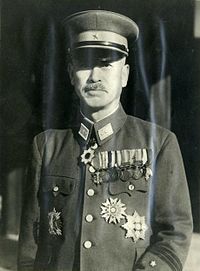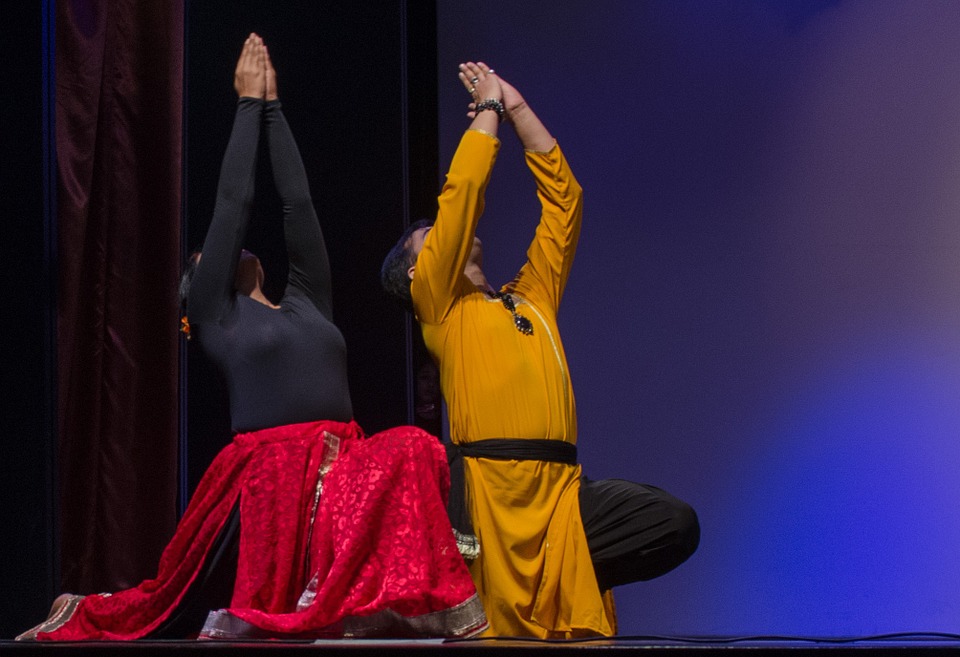What is dedication (śraddhā), the fifth niyama?
Dedication (śraddhā) – is the ability to complete a chosen task to the best of one’s ability. In fact, śraddhā is actually a mix of sincerity, focus, patience, drive for results, passion and willingness to change solution-set to complete the task. Often, this may mean working with severe constraints, failure and frustration, no help, maybe adverse conditions, no recognition or resources, including money.
What are the internal capabilities that dedication (śraddhā) requires?
Patience (sahanā).
Patience is the ability to start and maintain an activity till its logical conclusion. Importantly, when we start an activity, there will be obstacles, delays, stumbles and denials. So, the ability to stay the course requires patience.
If we were to insist on knowing the outcome before starting any activity, we may never begin. So, we start an activity based on certain assumptions. Consequently, all we can guarantee is effort, not the result. Also, śraddhā requires that we work without guarantee of reward and this can be very difficult. Therefore, sustained effort and the ability to keep going in adverse circumstances calls for enormous motivation and ability to withstand distress.
Modesty (hrīmat).
Dedication (śraddhā) also requires an ability to accept ideas from others. Importantly, modesty and humility allow us to accept other people’s suggestion and reach the goal. Also, modesty is the quality of giving credit to others and keeping our ego (asmitā) in check.
Determination (siddhi).
The path to success is never easy. Importantly, we will experience fear, frustration, self-doubt, loneliness, failure and learning which impact our sense of self-worth (asmitā), on the path of dedication or śraddhā. Additionally, this happens because we are going against our conditioning (dharma), which is to expect a reward and recognition for effort and achievement. However, even when we fail in our efforts, this does not mean one has failed in the endeavor. In fact, the lessons are subconscious and manifest as strengthened behaviour over time.
Consequently, the determination to stay invested in a project brings an awareness in one’s sense of identity (jñāna) because of the tempering of expectation with achievement and management of fear.
Anecdotes, experiences and situations to help understand dedication(śraddhā).
(Wikipedia extract) Mitsuru Ushijim was a Japanese general at the Battle of Okinawa, during World War II.

Ushijima was sent to Okinawa to take command of the newly formed 120,000 man Japanese 32nd Army and charged with the defence of the Ryukyu Islands against American invasion. Ushijima commanded all Japanese forces in the southern portion of the Okinawa main island. He led a skilful defence of the island.
After an offensive action led to a near massacre of the attacking Japanese troops by superior American firepower, Ushijima adopted a defensive attrition tactics. However, this failed too. Ushijima and his Chief of Staff General Cho retreated to Hill 89; but the situation of the 32nd Army soon deteriorated here also.
Ushijima refused to surrender. Instead, Ushijima and General Cho committed ritual suicide, each disembowelling himself with a short sword followed by his beheading by his principal aide.
About Mitsuru Ushijim.
General Yahara, his Second in command, was the most senior officer to survive the battle. Yahara had asked Ushijima for permission to commit suicide, but the general refused his request, saying, “If you die there will be no one left who knows the truth about the battle of Okinawa. Bear the temporary shame but endure it. This is an order from your army commander”.
- How would you define the identity (asmitā) of Mitsuru Ushijim?
- What was his sense of identity (asmitā) and what were the similarities or differences from his conditioning (dharma)?
- Is seppuku (Japanese ritual suicide) a form of warrior (kṣatriya) dedication (śraddhā)? If yes, why? If no, why not?
Points to Ponder on dedication (śraddhā).
Internal Tags: Karma, Dharma (conditioning), Stress and Situational Awareness, Stress and prana, Awareness measures, Bhakti Yoga fundamentals, Jnana Yoga, Karma Yoga, Hatha Yoga and Raja Yoga.
External Tags: Consciousness
- What is the relationship between dedication (śraddhā), conditioning (dharma) and stress?
- What is the relationship between śraddhā, yama and niyama?
- How does śraddhā impact situational awareness (sthithaprajñā)?
- How is dedication and surrender (śraddhā) related to bhakti-yoga?
- In the above example, there are two kinds of śraddhā – śraddhā in a situation with an external entity (the enemy) and śraddhā to one’s dharma (internal śraddhā) including surrender to one’s fate. What is common and different between these two types of dedication (śraddhā)?


